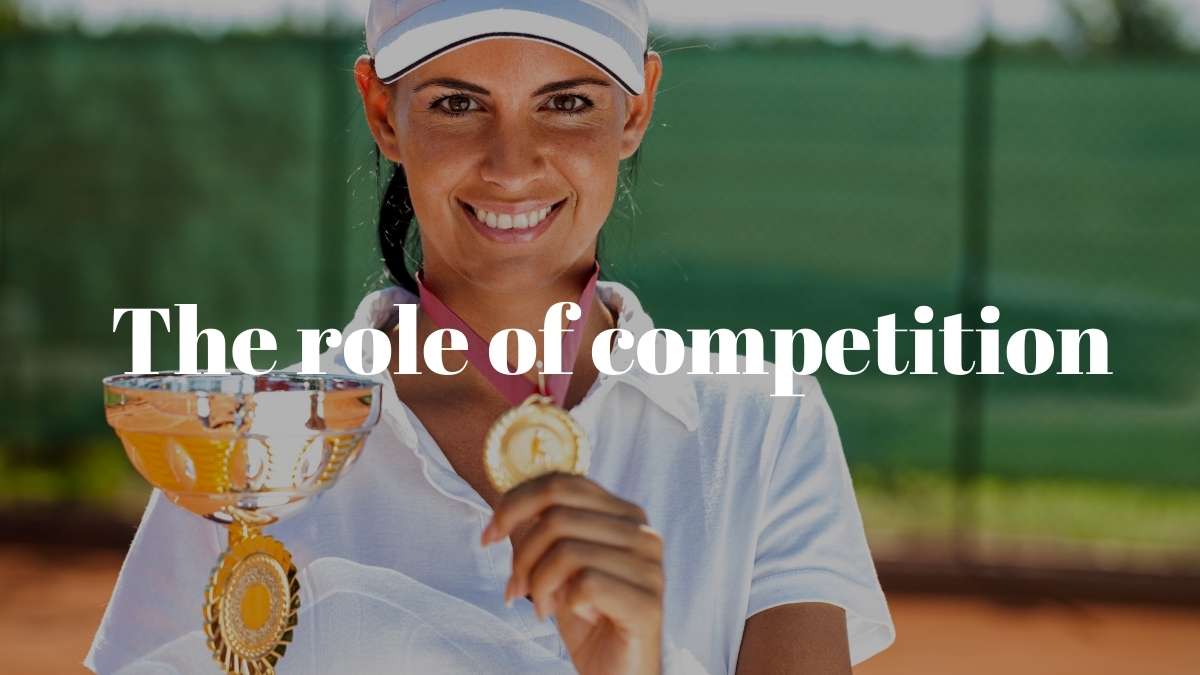The role of competition
Competition and the need to win have been consistent elements of the sporting culture in Australia. Winning can bring a sense of pride to a particular region or country. This helps to create a stronger sense of community amongst the winning community. International examples for Australia include the winning of the American Cup, Winning the Ashes, winning the Bledisloe Cup, making it to the FIFA World Cup in 2006, and when our diamonds beat the ferns in netball.
Some local regional examples include the Indigenous pride and community when the Rabbitohs won their first NRL final in over 40 years in 2014. At the national level, winning can lead to other greater rewards, such as Cathy Freeman receiving the “Australian of the Year” award after establishing herself as a winner in the athletics arena and using her position to promote reconciliation.
However, not all sporting cultures place an emphasis on winning, some place less importance on competition and rather focus on the enjoyment of the sport and the characteristics that are associated with the sport. This is particularly true with martial arts where the emphasis is placed on self development and learning the correct forms. With different levels of accomplishment comes certain responsibilities that allow the athlete to feel self fulfilment and a sense of purpose in life.
In indigenous culture historically emphasis was placed on kinship and community over competition.

